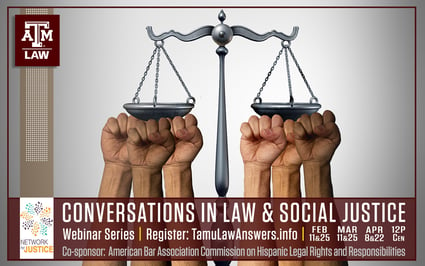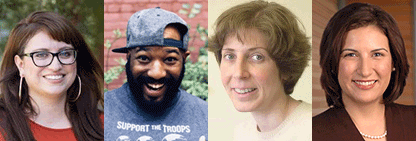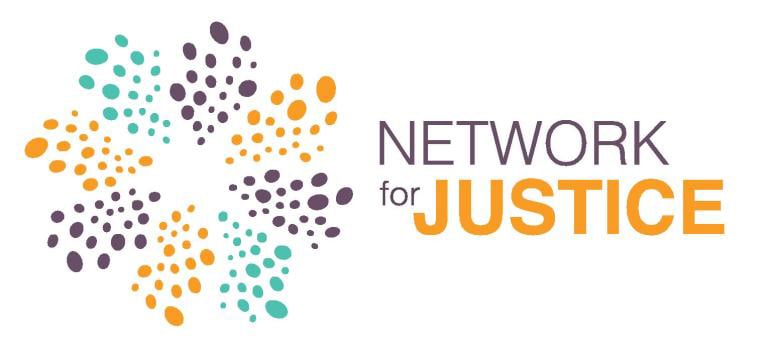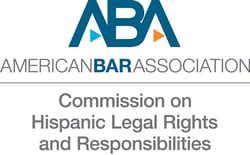TAMU Law Answers
SOCIAL JUSTICE WEBINAR SERIES
Mental Health Justice: The Hidden Pandemic
Thursday, February 25, 12:00 Noon Central
 This panel examines the hidden pandemic in the Latinx community: mental health. Recent studies show that while mental health challenges exist for Latinxs, particularly for immigrant communities, only twenty percent of Latinxs experiencing mental health challenges speak to a medical professional. Yet factors such as economic and housing instability, racism, language barriers, access to health insurance, and immigration status place Latinx communities at higher risk for mental health crises. The speakers address the following key questions:
This panel examines the hidden pandemic in the Latinx community: mental health. Recent studies show that while mental health challenges exist for Latinxs, particularly for immigrant communities, only twenty percent of Latinxs experiencing mental health challenges speak to a medical professional. Yet factors such as economic and housing instability, racism, language barriers, access to health insurance, and immigration status place Latinx communities at higher risk for mental health crises. The speakers address the following key questions:
- How can law and policy help support greater access to mental health?
- Can law help, for example, breakdown the stigma of mental and psychosocial disabilities that pervades not only Latinx communities but other communities of color?
- How does the stigma of mental health affect Latinx students, particularly law students seeking access to the legal profession?
Presenters:

- Katharine Pérez, Coelho Center for Disability Law, Policy, and Innovation, Loyola Law School
- AJ Link, Co-President, National Disabled Law Students Association
- Jennifer Mathis, Deputy Legal Director & Director of Policy & Legal Advocacy, Judge David L. Bazelon Center for Mental Health Law
- Moderator: Prof. Jasmine Harris, UC Davis School of Law

Texas A&M University School of Law and the Network for Justice host this webinar series, co-sponsored by the American Bar Association Commission on Hispanic Legal Rights and Responsibilities, to examine pressing issues in social justice & the law, particularly as they impact the Latinx community.
We encourage students, lawyers, and community leaders who care about social justice and civil rights to join us in these online discussions. Our goal is to engage a variety of people in a multi-generational conversation to help us understand the social justice challenges and opportunities in the United States.
While some of the panelists are attorneys, they will be discussing the law generally, and nothing in the webinar should be considered as legal advice. Attendees should consult their own legal advisor to address their own unique circumstances.


